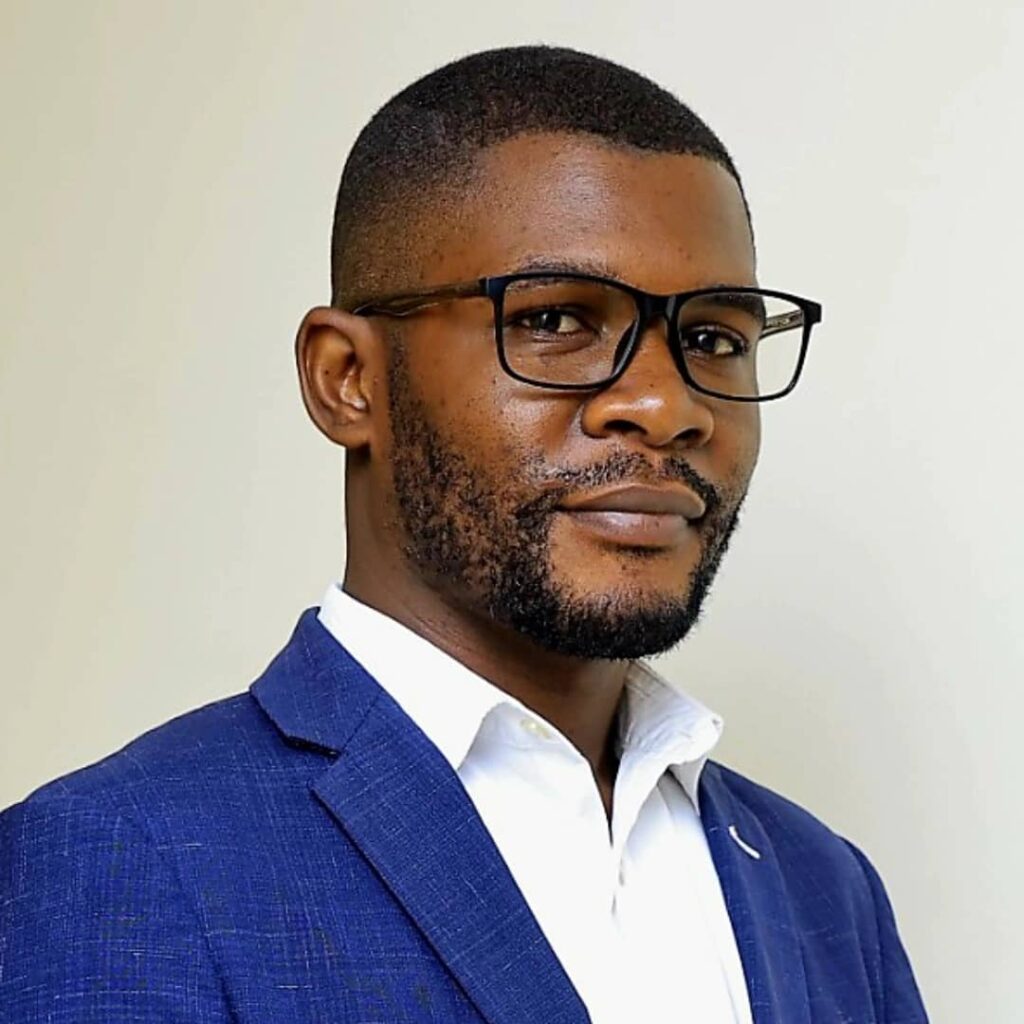By Amiri Wabusimba
Uganda’s co-hosting of the 2024 African Nations Championship (CHAN) is a milestone moment, symbolizing the country’s ambition to position itself as a strategic player in sports diplomacy.
As one of three East African nations selected to co-host the prestigious tournament alongside Kenya and Tanzania, it is a defining moment to project national prestige, attract regional tourism, and affirm Uganda’s ability to host global events.
Yet as matches kicked off at the Mandela National Stadium in Namboole on Monday, the narrative quickly collapsed under the weight of confusion, silence, and administrative dysfunction.
CHAN 2024 in Uganda is a classic case of how mismanagement can turn national ambition into public embarrassment.
At the centre of this unfolding crisis lies a 28.5 billion Ugandan shillings, approximately 7.8 million U.S. dollars, that was allocated by government towards marketing the tournament.
The financial commitment which should have translated into a highly visible, well-organized event that would have electrified the country and inspired continental pride, but in reality, not even communities neighbouring the stadium knew a major tournament was underway until traffic diversions and police blockades signalled something unusual.
The stadium itself beares no CHAN atmosphere. Apart from a few banners hanging at the VIP entrance.
Even along key routes like the Entebbe-Northern Bypass corridor a primary access point for visitors arriving from the airport there is no signage, branding, or promotional activity.
The absence of visibility is so severe that campaign posters from local politicians outnumbers CHAN-related material. This is not a minor oversight.
It is a communications failure that defies the very purpose of the Shs 28.5 billion budgeted for marketing and public engagement.
The lack of branding doesn’t just strip the tournament of atmosphere; it erases it from the national consciousness.
While thousands of fans, unaware that CHAN ticketing had shifted exclusively online, arrived expecting to buy entry at the gate a norm in Uganda’s football culture.
For many Ugandan Families who had travelled were turned away without options and without dignity, the first match began and ended in a queue outside a closed gate.
Inside the venue, matters were no better, beverage vendors charged extortionate prices with basic commodities being sold at inflated rates, with no oversight, no pricing guidelines, and no consumer protection.
For a tournament backed by public funds, the environment felt predatory rather than celebratory.
This experience raises a fundamental question: for whom is this tournament organized? While on some online platforms, a growing wave of disillusionment erupted with a post from one of a volunteer revealed how several shortlisted individuals were cut out of the final accreditation process after completing the training without justification.
Even more troubling, some volunteers alleged that during the accreditation period, they worked 2 full days without being provided lunch a basic courtesy in professional events, let alone one of continental scale.
Another post alleges that some international guests were allegedly received by untrained individuals linked to local organising committee (LOC) when there is a fully flagged ministry responsible for protocol.
This not only speaks to operational failure but also exposes the lack of planning, ethics, and basic welfare for the very people who drive such events behind the scenes.
Drawing a comparison with Buganda Masaza Cup a local regional tournament managed with a fraction of CHAN’s budget.
Year after year, Masaza Cup games are promoted across radio, villages, and digital media, drawing national attention through effective grassroots mobilization, if such a locally driven event can outshine an international CAF-sanctioned tournament in visibility and organization speaks volumes about the power of proper planning and accountability.
What Uganda is experiencing with CHAN 2024 is more than a mismanaged sports event.
This tournament in never just about football, it’s about national branding, regional cooperation, and international credibility.
At a time when Uganda is trying to position itself as a hub for global summits having hosted the Non-Aligned Movement and G77+China summits such dysfunction undermines the country’s diplomatic and logistical reputation.
The gravity of the situation calls for immediate executive-level intervention with a full, independent, and public audit of CHAN 2024 expenditures.
The Ministry of Education and Sports must use this moment to usher in a long-overdue reform in sports governance by drafting a national Sports Events Accountability Framework.
The ongoing CHAN 2024 tournament should not become another footnote in Uganda’s long list of missed opportunities.
It should serve as a reference point for global institutions from CAF to Transparency International to advocate for greater integrity and oversight in sports event management across Africa.
If left unchecked, these failures erode public trust, scare away investors, and disqualify nations from future hosting bids.
Uganda’s future as a global sports destination hangs in the balance not because it lacks the passion, infrastructure, or potential but because it continues to fall short where it matters most: planning, inclusion, and transparency.
A tournament of this scale cannot be saved by last-minute banners or apologetic press statements; it must be rescued by accountability.
Only then can sport live up to its promise not just as entertainment, but as a tool for unity, diplomacy, and national transformation.
Wabusimba Amiri is a communication specialist, career diplomate, Journalist, political analyst and Human Right activist. Tel: +56775103895 email: Wabusimbaa@gmail.com
Have An Advert Or Article You Want Us To Publish? Whatsapp: +256786288379 or email binocularugnews@gmail.com
